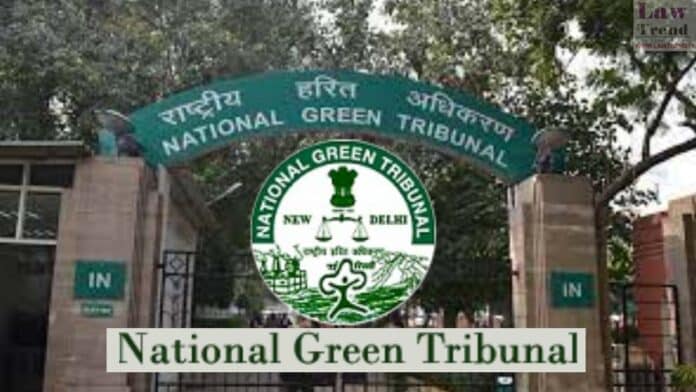Deprecating the conduct of a Sub-divisional Magistrate for not taking action over illegal groundwater extraction in Shahdara here, the National Green Tribunal has directed the Delhi Pollution Control Committee and the officer to seal illegal borewells and realise environmental compensation.
“When the law protector becomes the law violators, how will the law be protected?” the NGT bench of Acting Chairperson Justice S K Singh said while hearing a petition against illegal groundwater extraction through unauthorised borewells and submersible pumps by several people in the area.
The bench, also comprising judicial member Justice Arun Kumar Tyagi and expert member A Senthil Vel, said “necessary legal actions” were not being taken by the SDM of Shahdara.
“The conduct shown in the present proceedings is a picture of a flagrant violation of law and rules made by the state,” it said.
On the SDM’s conduct, the bench said the officer had not only disregarded the law but also negated the state’s authority.
“Any act by any officer in violation of the rules is an abuse of power, deliberate maladministration, and perhaps also other unlawful acts causing injury. The servants of the government are also the servants of the people and the use of their power must always be subordinate to their duty of service,” it said.
Also read
The tribunal also noted a report submitted by the Delhi Pollution Control Committee (DPCC) and said the compensation imposed on violators was not assessed according to rules.
“Every statutory provision requires strict adherence… the statutory authorities are under a legal obligation to give strict adherence to the same and cannot pass an order in contravention thereof, treating the same to be merely decoration pieces in his office,” it said.
The tribunal directed the DPCC and the SDM concerned to take action in accordance with the law against the violators.
It ordered the sealing of illegal borewells, disconnecting the electricity connection of violators and realising the environmental compensation according to the Central Pollution Control Board (CPCB) guidelines.




